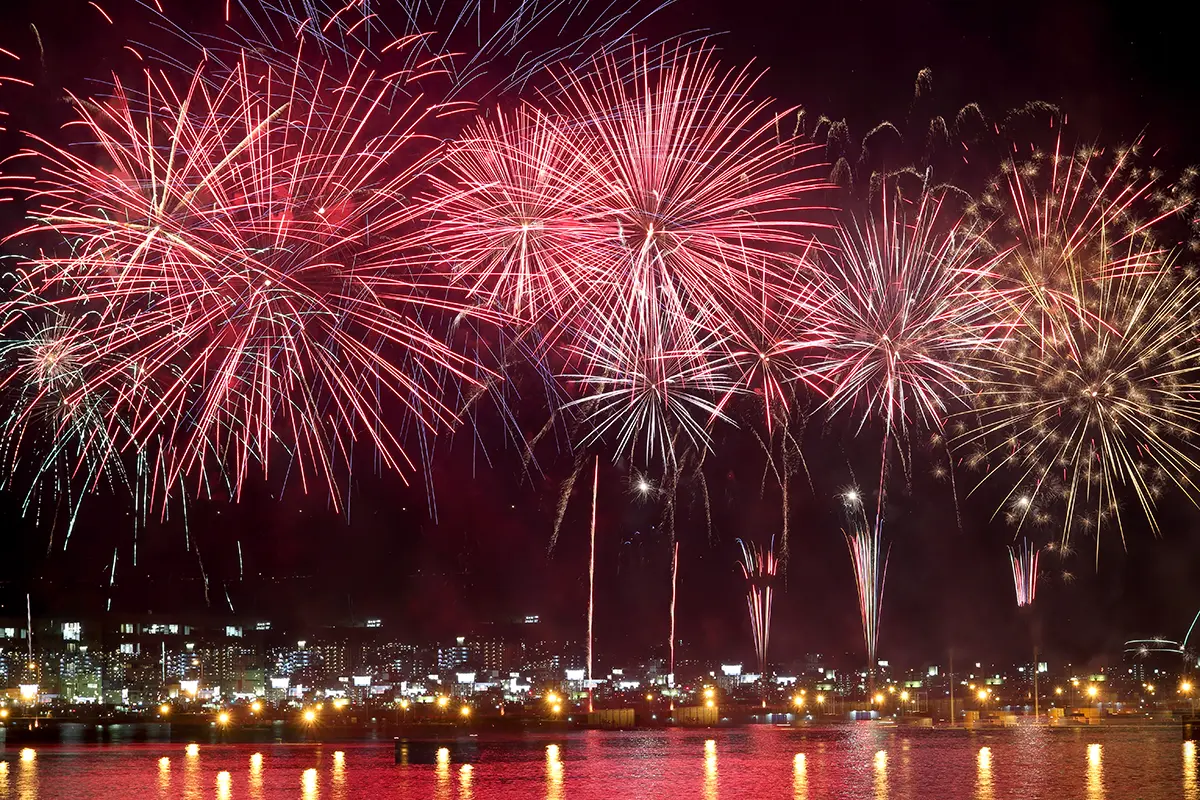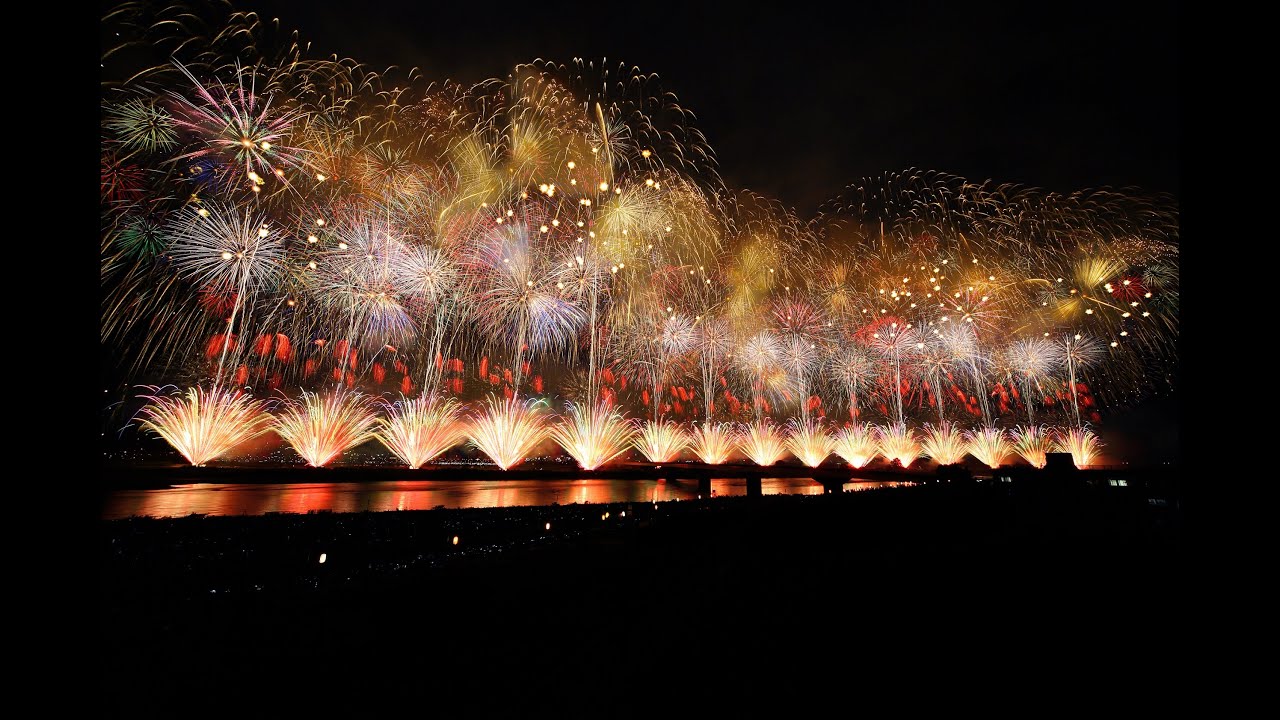
Japanese fireworks, known as “Hanabi,” hold a special place in the country’s cultural and historical significance.
The history of fireworks in Japan dates back to the 17th century when they were introduced by China. Initially used for religious ceremonies to ward off evil spirits, fireworks quickly became popular among the general population. The first recorded fireworks festival in Japan was held in 1733, sponsored by the Tokugawa shogunate to pray for relief from famine and plague. This event is considered the origin of the annual Sumida River Fireworks Festival in Tokyo.

Fireworks in Japan are more than just a visual spectacle; they are deeply embedded in the cultural fabric. They symbolize ephemeral beauty, a core concept in Japanese aesthetics. The popularity of fireworks festivals, or “hanabi taikai,” in Japan can be attributed to their role in fostering community spirit and togetherness. These fireworks festivals in Japan are not just about watching fireworks; they are social gatherings where families and friends convene, often donning traditional summer yukatas, and enjoy festival foods like yakitori and yakisoba. The atmosphere is one of celebration, relaxation, and appreciation of beauty.
Moreover, fireworks festivals in Japan are renowned for their artistry and craftsmanship. Firework artisans, or “hanabi-shi,” spend years mastering the craft, creating fireworks that are not just loud and bright, but also intricate and artistic. The designs often include not just traditional starbursts but also intricate shapes like hearts, smiley faces, and even written characters. The variety and creativity of these displays are unparalleled, making each festival a unique experience.
In essence, fireworks festivals in Japan are much more than a display of light and sound; they are a celebration of art, a symbol of transient beauty, and a cherished communal activity that strengthens social bonds and connects people to their cultural heritage.
Each of these festivals not only showcases breathtaking fireworks but also reflects a piece of Japan’s rich cultural tapestry, making them must-visit events for both locals and tourists alike.
Submission successful. You will receive a confirmation email, shortly.